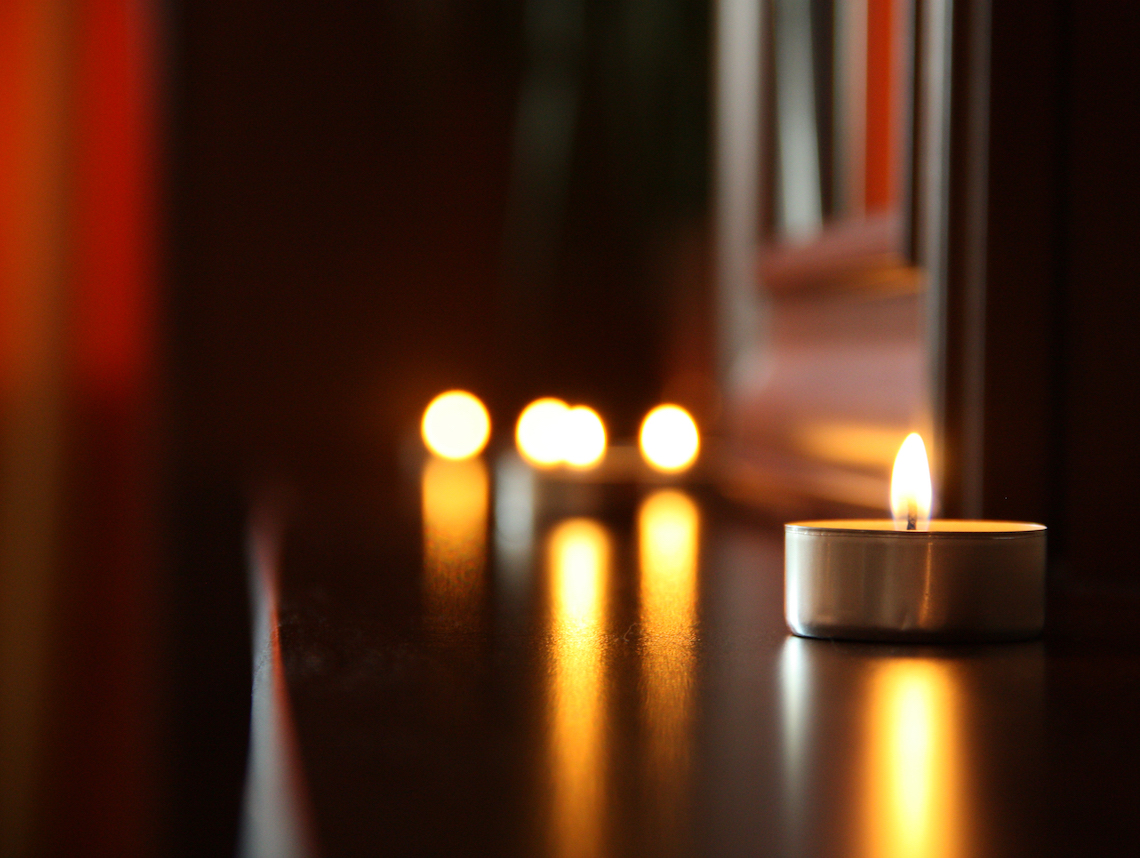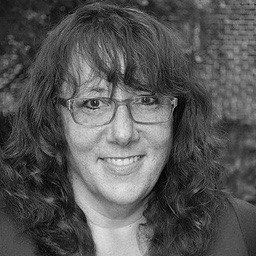 Photo from Pexels
Photo from Pexels Update: This article has been updated following the Los Angeles County Department of Health’s more stringent rules announced the night of March 21. Under previous orders, groups of up to 10 were allowed to gather. Now no gatherings will be allowed.
Valley Beth Shalom Rabbi Ed Feinstein has officiated at four funerals since California Gov. Gavin Newsom’s orders on March 15 in the wake of the novel coronavirus COVID-19 outbreak. They included closure of many businesses, and together with Los Angeles County orders, limited gatherings to no more than 50 people and required people age 65 and older and those with compromised immune systems to self-quarantine.
None of the funerals Feinstein officiated at during that period were coronavirus-related, but the son of one deceased man is a pulmonologist at a local hospital and attended the funeral “heavily gloved, masked and terrified,” Feinstein told the Journal. He said they have been among the most challenging funerals he’s held in his decades as a rabbi.
Now, with the governor’s March 19 order that the entire state of almost 40 million people must shelter in place, with only essential services to remain open, Jewish funerals and the seven days of shivah (mourning) are going to be challenging, given that as of March 21, the Los Angeles County Department of Health banned all gatherings, no matter how small.
“This has broken up our normal patterns of connection with each other in a brutal way,” Feinstein said. “We are a connecting people. The opposite of Judaism is social isolation. We gain our sense of sanity through community. When you break that apart, you create a coldness, and the hurt of a loss becomes redoubled.”
“We’re not gathering. It’s that simple,” Sinai Temple Rabbi David Wolpe said. “It’s part of a much larger societal shift. It’s unprecedented, so it will be hard to figure out how that will work. The reality that we’re not able to be each other’s physical comfort will test us — how much we’re willing to give to each other.”
“There’s just no sugarcoating that it’s going to make grieving more difficult,” Wilshire Boulevard Temple’s Rabbi Steven Leder said. “We as rabbis have to do as much as we possibly can to soothe people’s souls, because it’s now going to be done mostly in the absence of community.”
He added, “This is what it is. It means that only one person other than the rabbi can be at the graveside and everything else needs to be done before or after on zoom or google hangout or some other platform. We have no choice and therefore we will adapt. This will make mourning more painful than it already is. It will be lonelier and take longer to move forward, but somehow we will. We always do.”
Temple Kol Tikvah Rabbi Jon Hanish, who is the incoming chair of the Board of Rabbis of Southern California’s funeral practices committee, told the Journal the board emailed its approximately 250 member rabbis on March 22, outlining the new policies of each of the four major Jewish cemeteries in the Los Angeles area.
The message stated in part, “Our goals are the same — to protect everyone from the coronavirus while still showing respect to the deceased. Changes are happening on burial issues rapidly.”
As Leder predicted, on the morning of March 22, Hanish led the final minyan for a family sitting shiva via Zoom and conducted a meeting with a recently bereaved family, also by Zoom. He said that perhaps surprisingly, using technology to facilitate these mourning rituals has enhanced them. “Saying kaddish for a shiva minyan now everyone is looking right into the camera. No one is fidgeting or staring into space,” he said. And having family members and friends visit via FaceTime or another online platform, “gives greater depth to it right now. I’m not sure as much is being lost as we think because everything is so raw for everyone, and every moment of caring really affects other people.”
“The newest order to ban any gatherings will make us re-evaluate the entire process during these extraordinary times,” said Rabbi Denise Eger of Congregation Kol Ami. “If families or mourners cannot gather at the graveside nor for shiva, we will have to use a combination of delayed mourning when we can gather or perhaps a virtual memorial service without the body present or witnessing the lowering of the casket. This will change our rituals, albeit temporarily. It may have a difficult effect on the process of Jewish mourning as well since our expectations for how to mourn must change.”
She added, “As good as FaceTime and Zoom and the other virtual platforms are, there’s nothing like being in the presence of somebody and being able to offer a hand and a hug. It is just so much a part of Jewish tradition. What’s it like not to make the lines at the cemetery mourners walk through? Even in the numbness of grief, hearing words of consolation, and walking literally in the midst of your community, is so powerful. How do you mourn sheltering in place if it’s your parent or sibling and you’re not in the same city? How will that work now? These are the questions I’m asking. And I have more questions than answers at this point.”
Debra Nussbaum Cohen is a journalist in New York City.





















 More news and opinions than at a Shabbat dinner, right in your inbox.
More news and opinions than at a Shabbat dinner, right in your inbox.